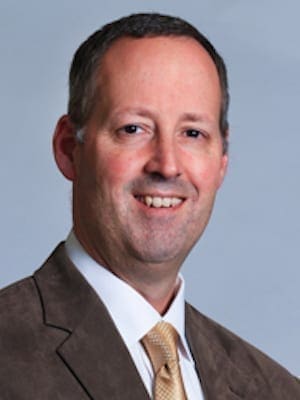Some will object that there is no place for the church in politics. After all, politics is a messy and conflicted business. Why would anyone involve the church in that?
In his essay “How We Got That Way,” Walter Shurden notes that on issues such as religious liberty and church-state separation, Baptist identity has been shaped by collective engagement in political activity. Noting our tendency to focus on the accomplishments of individuals, Shurden writes, “The Baptist fight to disestablish state churches was not a political fray that courageous individuals entered alone; it was a melee in which the entire denomination was involved.”
One might say as much of subsequent efforts to provide education for freed people after the Civil War, to provide assistance to refugees after the Second World War, to end Jim Crow and extend civil rights to African Americans in the 1950s and 1960s, and to end apartheid in South Africa in the 1980s and early 1990s.
Taking Shurden’s argument one step further, then who we become will be determined, in no small measure, by our political engagement in the present–by the commitments we make and keep.
Politics is indeed a messy business. More than that, it is a dangerous one. The 20th-century journalist and political philosopher Bertrand de Jouvenel put it well when he said: “Arising out of men’s ability to influence each other, conferring upon them benefits of joint endeavor, an indispensable source of social boons, [politics] is also capable of doing great harm. Men can be moved to injure others or to ruin themselves. … Even the fairest vision of a good to be sought offers no moral guarantee, since it may poison hearts with hatred against those who are deemed an obstacle to its achievement. No apology is required for stressing a subjective dread of political activity: the chemist is not disqualified as a scientist because he is aware that explosives are dangerous–indeed that chemist is dangerous who lacks such awareness.”
The responsible Christian is like a chemist who does not deny the explosive nature of the compounds she is working with but also does not hang up her hat and walk away from them on that account. Simply because politics is dangerous does not mean that Christians have the luxury of opting out of the process, particularly when the government of the society in which we live is a representative one.
Jesus’ prayer for his disciples prior to his betrayal and arrest is instructive in this regard. “I do not ask that you take them out of the world, but that you keep them from the evil one” (John 17:15).
Jesus recognized the presence and persistence of evil in our midst, and our need of God’s protection, without allowing this as an excuse to withdraw from the world. Likewise, Paul would question the practicality of withdrawing, suggesting that to do so one “would then need to go out of the world” (1 Corinthians 5:10).
Soon we will find ourselves in the midst of the 2008 race for the White House. Candidates will be asking for our consideration and our support. Though we may not welcome the ever-earlier start of such campaigns, they nonetheless present an opportunity for people of faith to ask questions of those who ask for our vote.
–What do you think of the poverty that touches the lives of nearly one in five children in America today–and many more than that globally? If elected, what will you do to respond?
–Given the knowledge we have gained in the fight against domestic and global hunger, what will you do to address the missing-in-action political will in the fight against chronic hunger and malnourishment?
–What will you do to address present inequities in the education children receive in our society and to expand global opportunities for education?”
The questions we might ask the candidates are many. The question before us is, will we ask them–and hold these potential leaders accountable for their answers?
Curtis Ramsey-Lucas is national coordinator of public and social advocacy for National Ministries of American Baptist Churches, U.S.A.
Reprinted with permission from The Christian Citizen magazine (Vol. 2, 2007).
Curtis Ramsey-Lucas is editor of The Christian Citizen, a publication of American Baptist Home Mission Societies.

